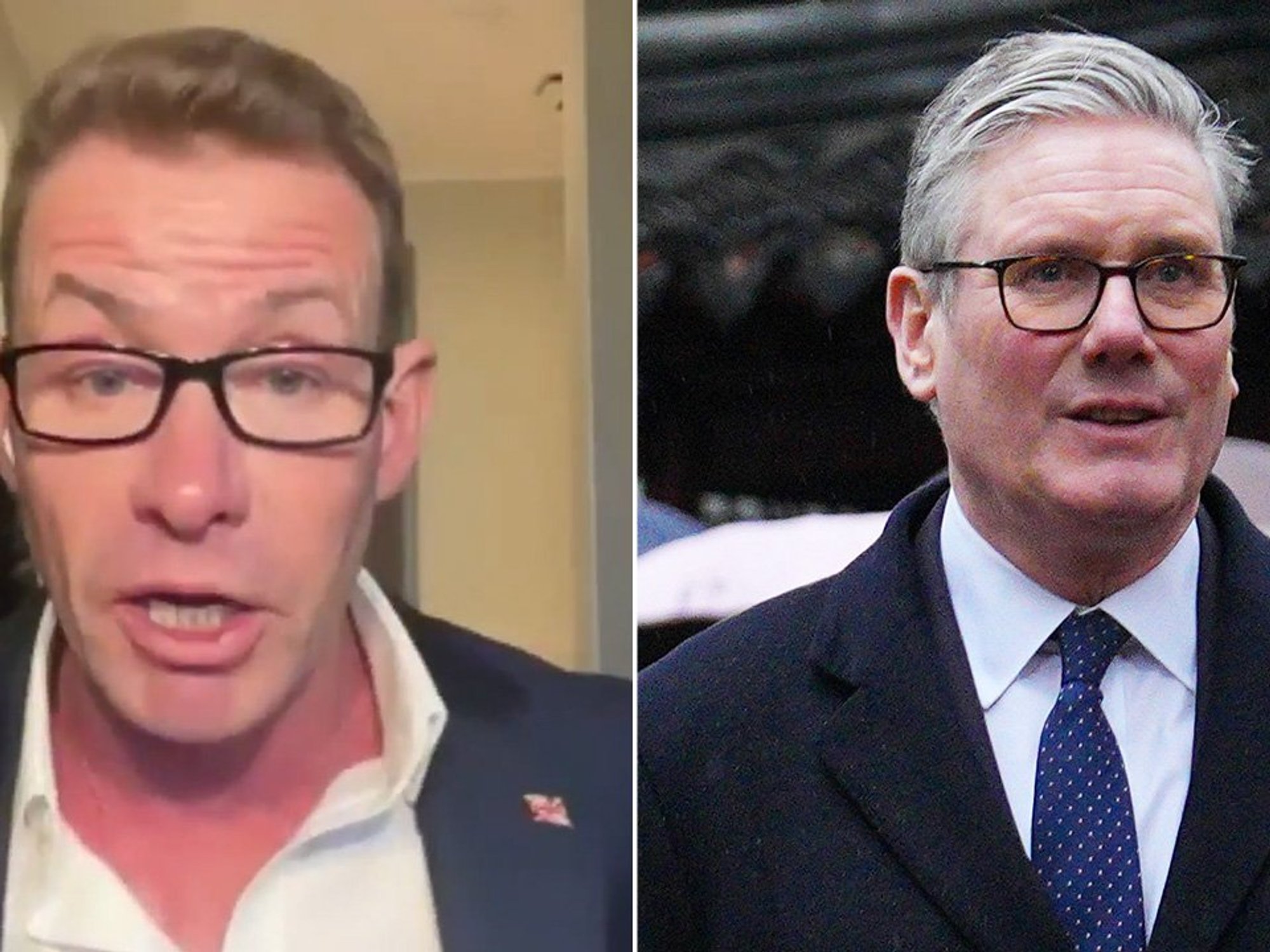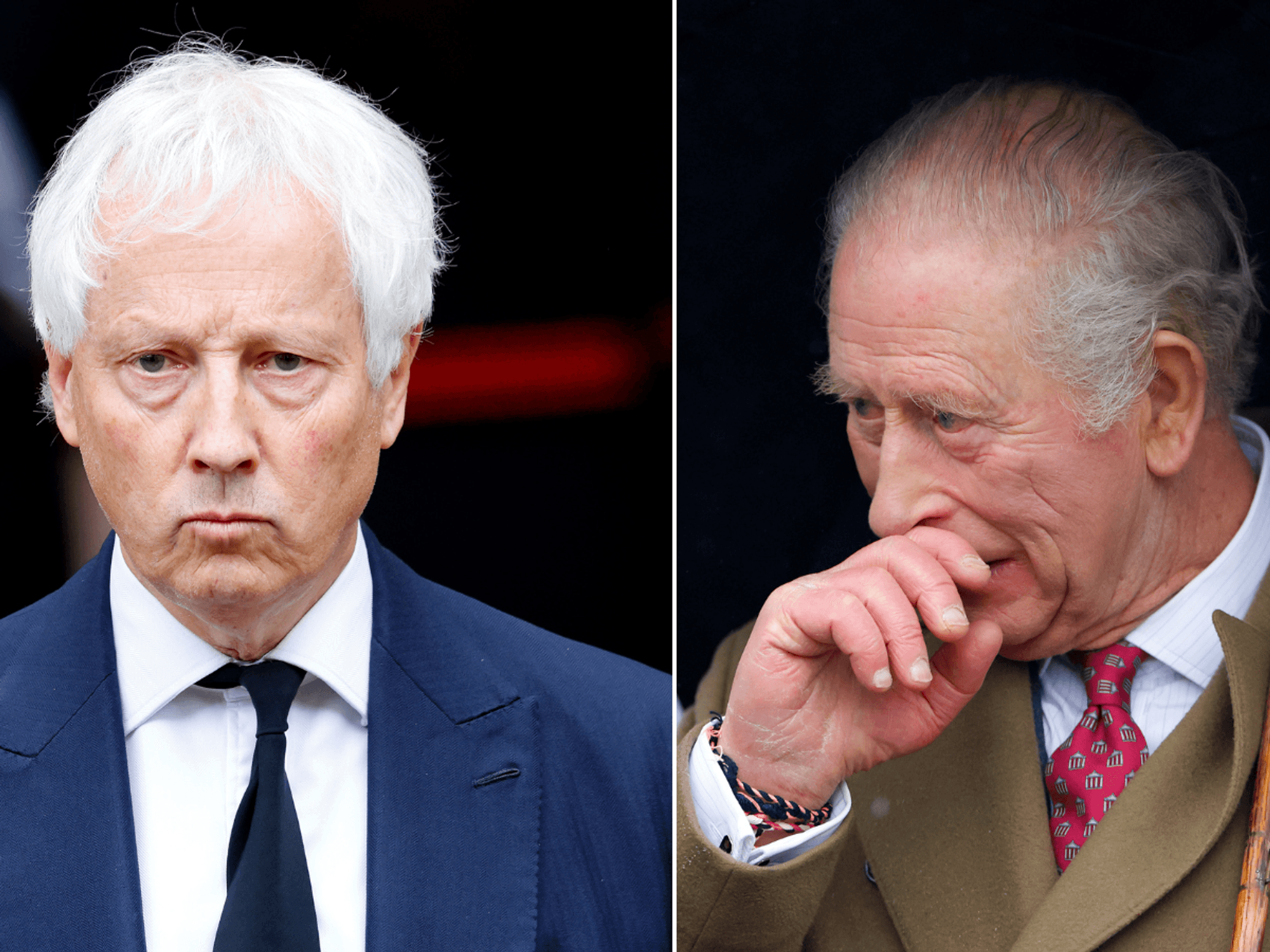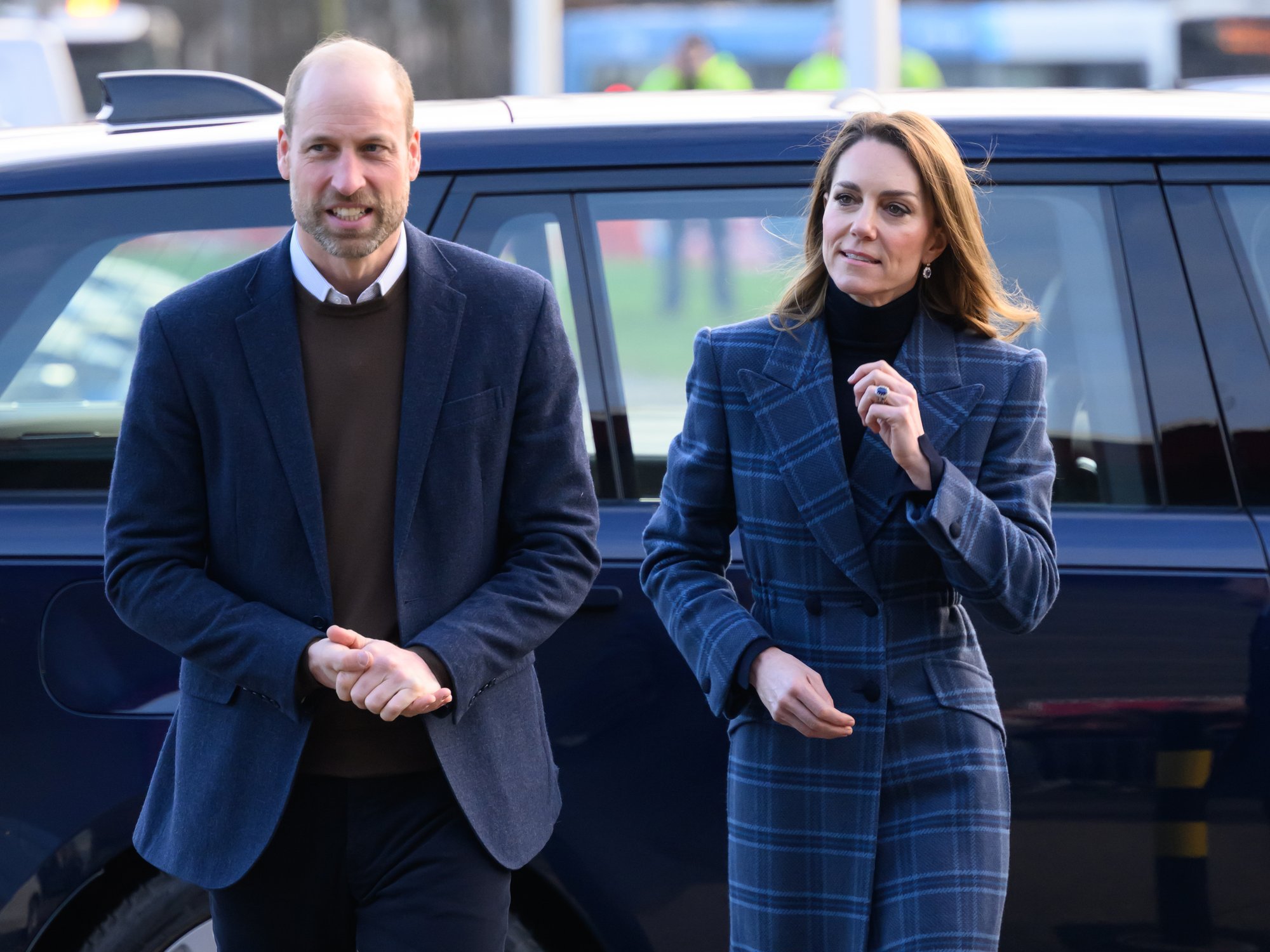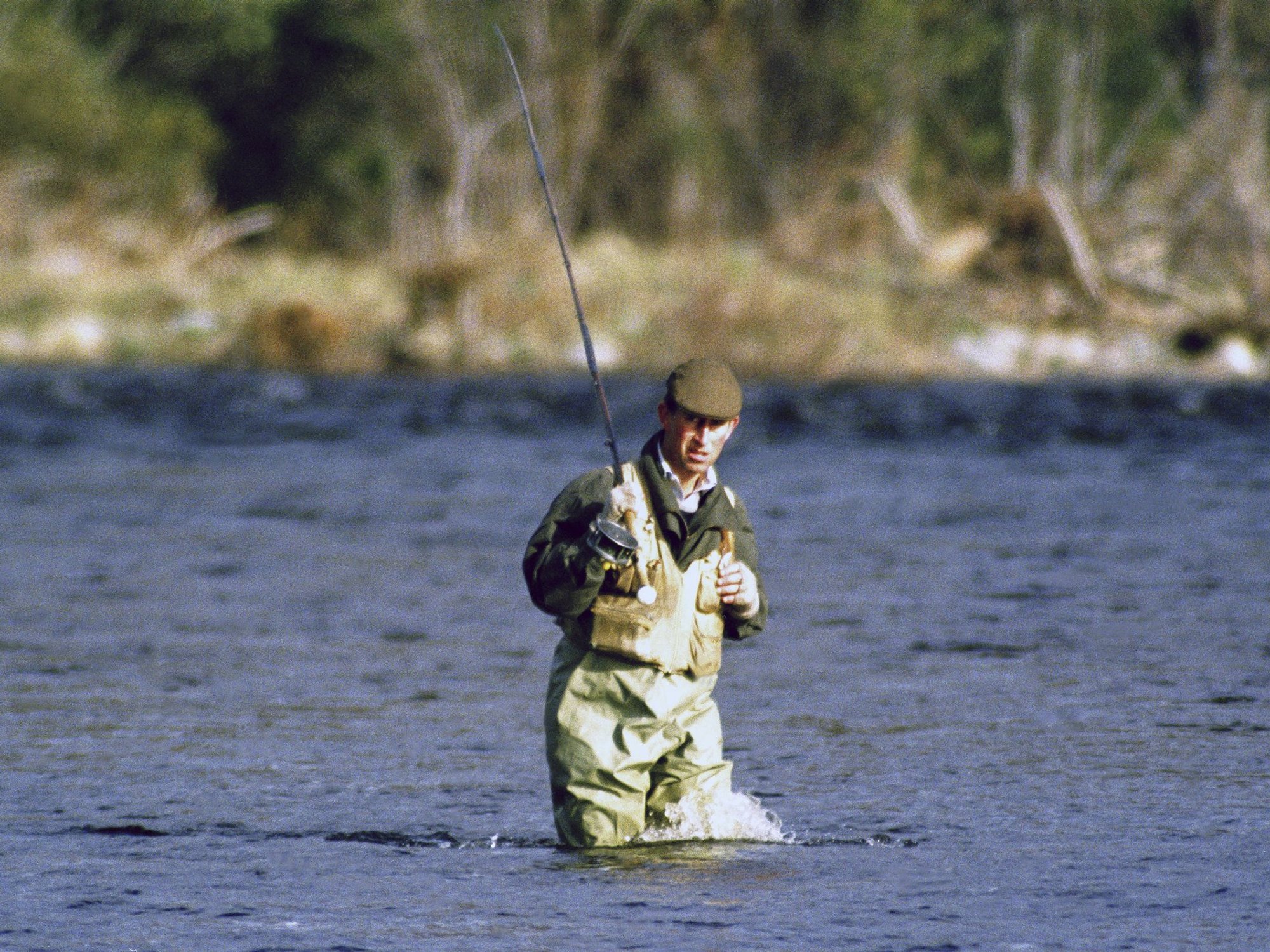Olaf Scholz facing election crisis as Germany battles SOARING migrant numbers
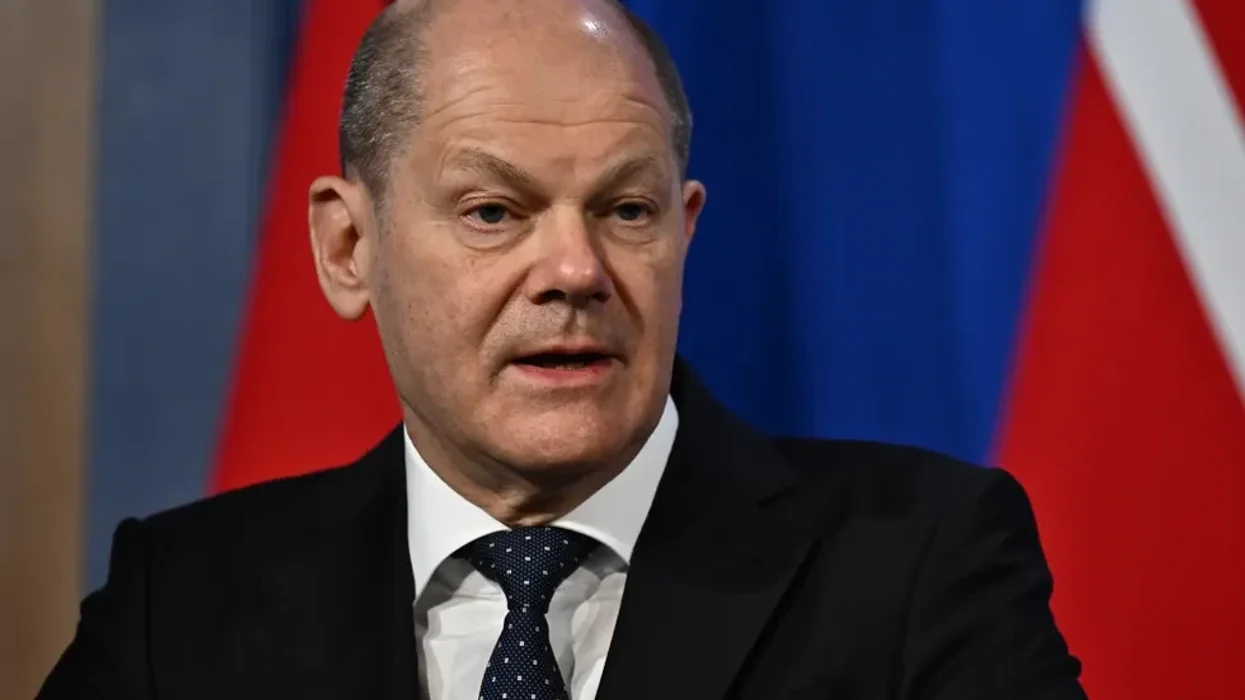
Olaf Scholz is facing growing unrest over Germany's mounting migrant crisis, causing voters to increasingly turn to right-wing parties as an alternative
PA

This year, Germany is on course to take in the most asylum seekers since the height of the 2015 migrant crisis
Don't Miss
Most Read
Olaf Scholz is facing growing unrest over Germany's mounting migrant crisis, causing voters to increasingly turn to right-wing parties as an alternative.
The European nation is struggling to cope with a more than 70 percent rise in asylum applications in 2023 alone.
There has been mounting concern over the unrest in recent weeks as a result of outbreaks of antisemitism in the European nation - something right-wing politicians have blamed on migration.
The growing dissatisfaction with the migration situation in Germany comes as the leader faces a mounting threat from right-wing party Alternative for Germany (AfD).
WATCH: VDL says 'we will decide who comes to the EU'
This year, Germany is on course to take in the most asylum seekers since the height of the 2015 migrant crisis, sparked by an exodus from Syria in the wake of the civil war.
In an attempt to relieve pressure on the country's asylum system, Prime Minister Olaf Scholz has agreed an overhaul of ayslum rules this week after meeting with regional leaders.
Speaking after the agreement was hashed out, Scholz said: "I don’t want to use big word, but I think this is a historic moment.”
The agreement was reached the with leaders of Germany's 16 states.
This comes amid mounting pressure on resources across Germany, as the country is currently home to more than three million refugees.
Last month, the country launched a crackdwon on border controls in an attempt to abate concerns about illegal entries.
Ministers ordered "temporary" checks on the nation's borders with Poland, the Czech Republic and Switzerland.
The checks were reinstated last week as part of an attempt to show the Government is taking a tough line on the issue.
While Scholz has denied that he is taking a firmer line on the issue as a result of pressure caused by the rise of popularity of right-wing AfD, the growing support for the party is likely to be causing concern in his party.
The AfD The party made gains in two state elections in October, coming second in Hesse and third in Bavaria.
The results both represent historic gains for the party.
Meanwhile, the three parties that make up Olaf Scholz' federal coalition government were hit with significant losses.
LATEST DEVELOPMENTS:
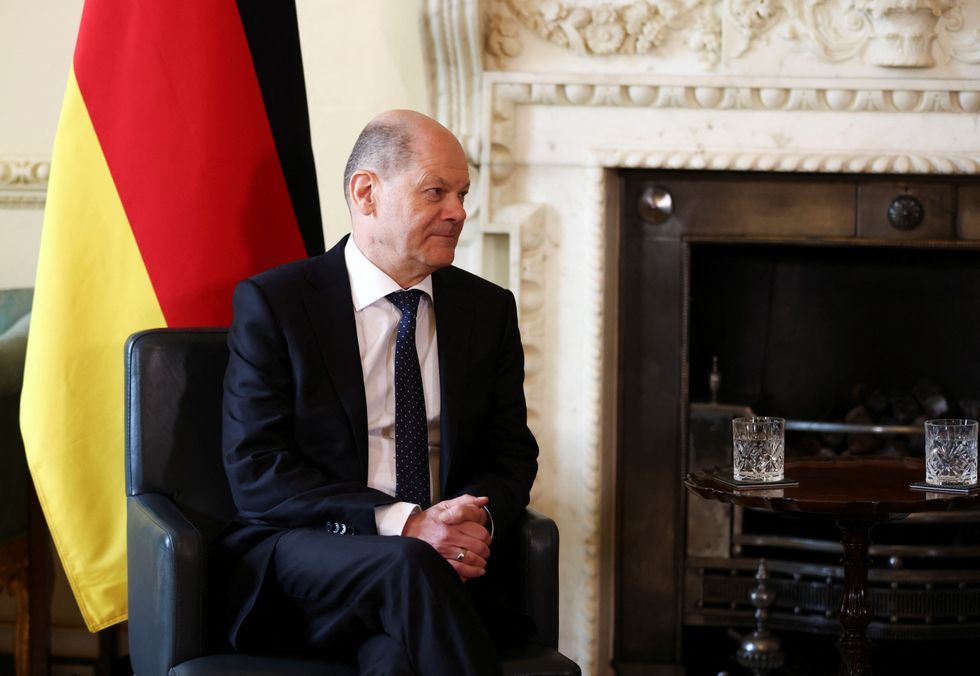
The election, seen as a bellwether for national feeling, represents growing dissatisfaction with Scholz's leadership.
|PA
The centre-left Social Democrats (SPD), the Greens, and the liberal Free Democrats (FDP) all saw their support fall.
The election, seen as a bellwether for national feeling, represents growing dissatisfaction with Scholz's leadership.





